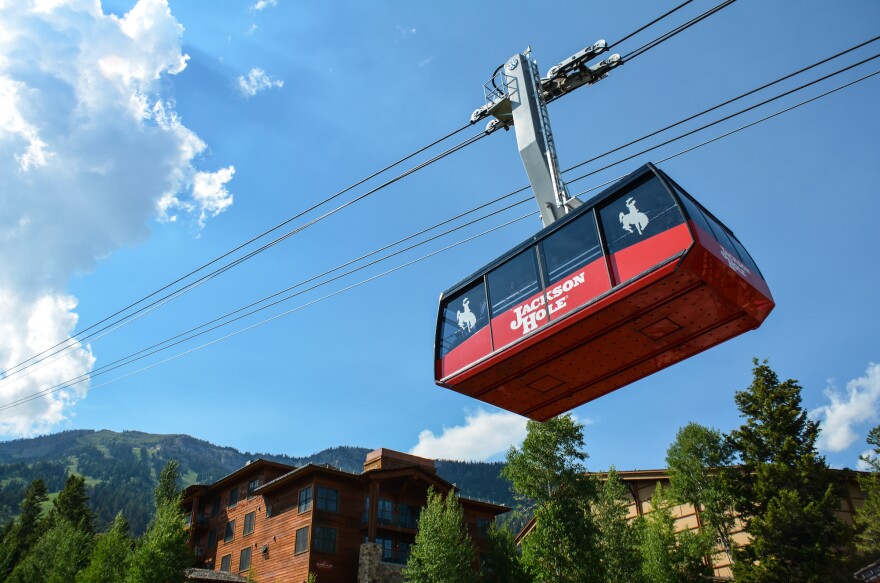News brief
Small towns in the Mountain West are leading the pack when it comes to economic success, according to a recent report by Heartland Forward.
The economic think tank ranked 536 “micropolitan” communities – towns with 10,000 to 50,000 residents – based on their "economic dynamism" from 2015 through 2020. It looked at factors like growth in average annual pay, gross domestic product and total employment at firms that were no more than five years old, a metric the report calls a strong indicator of economic growth.
Los Alamos, N.M., ranked at the top of the list due in large part to the expansion of the Los Alamos National Laboratory and its $2.5 billion contract with Triad National Security.
“Los Alamos always really stands out when we're looking at small communities around the U.S., because it has extremely high educational attainment, relatively high wages,” said Megan Lawson, an economist with the nonprofit research group Headwaters Economics.
The Jackson area in Wyoming and stretching into Idaho ranked No. 2. Heber, Utah, Bozeman, Mont., and Edwards, Colo. also landed in the top ten, partly due to their access to outdoor recreation.
“In the Intermountain West, a lot of these cities that are at the top of the list are amenity-based destinations,” Lawson said. “These are all places that have really robust economies that are founded on their outdoor recreation.”
Despite the pandemic's blow to tourism, many people still flocked to these towns due to their broadband connectivity and beautiful scenery.
While the report highlights a number of growth factors, Lawson said it leaves out data on income and housing inequalities. She pointed to No. 2-ranking Jackson, Wyo., and Teton County, which boasts the highest per capita average income in the country, putting housing out of reach for teachers and police officers.
“I always get nervous when we look just at the mean income as a measure of how well a community is doing because it doesn't measure how far apart the wealthiest and the lowest income households are,” she said. “And so in a place like Jackson, they're very far apart.
“Making sure that employees can continue to work in these places and live there really is essential to their long-term prosperity so that these communities don't get hollowed out.”
Regardless, she believes the growth data highlighted in Heartland Forward's report lines up with what she sees across the Mountain West. The key for other cities to make it on this list is going beyond recreation and pressing into entrepreneurship, she said.
“Tourism is really kind of a stepping stone to economic diversification,” she said. “So it's not the end of the line and communities are thinking about an economic development strategy. It's, ‘OK, how do we bring visitors in and how do we show them that this is a really amazing place to live?’”
This story was produced by the Mountain West News Bureau, a collaboration between Wyoming Public Media, Nevada Public Radio, Boise State Public Radio in Idaho, KUNR in Nevada, the O'Connor Center for the Rocky Mountain West in Montana, KUNC in Colorado, KUNM in New Mexico, with support from affiliate stations across the region. Funding for the Mountain West News Bureau is provided in part by the Corporation for Public Broadcasting.
Copyright 2023 KUNC. To see more, visit KUNC. 9(MDA1MTkyNjA1MDEyNzM1MTQ0ODk3NTA1NA004))



